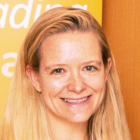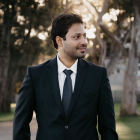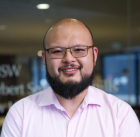The Lightning & Practitioner Workshops are 1-hour sessions held at the Teaching Commons and online.
- Lightning workshops feature sessions on key topics in teaching and learning. Each session introduces staff to ideas for effective teaching using evidence-based practices and includes time devoted to hands-on support for individual courses. Some sessions are delivered in collaboration with the Educational Technology Support team who provide expert guidance on how to implement strategies in the educational technology environment.
- Practitioner workshops are hands-on sessions facilitated by UNSW academics that present ideas for effective teaching based on the facilitators' own practice. These workshops provide opportunities for hands-on interaction to explore how teaching strategies can be applied in participants' own teaching contexts.
These workshops feature presenters from faculties across the university and are open to all teaching and education support staff, including casual staff.
Staff are asked to bring with them resources relevant to each session, such as their course outline, a learning activity and the highest weighted assessment they are currently using in the course or an assessment they have identified an issue with.
Please review the sessions below and register for those that suit your schedule by completing the registration form here. You are welcome to register for as many sessions as you would like!
All sessions are hybrid unless otherwise noted and held in person in the UNSW Teaching Commons.
Don't forget to check out the Inclusive Teaching Workshop series for further opportunities.








